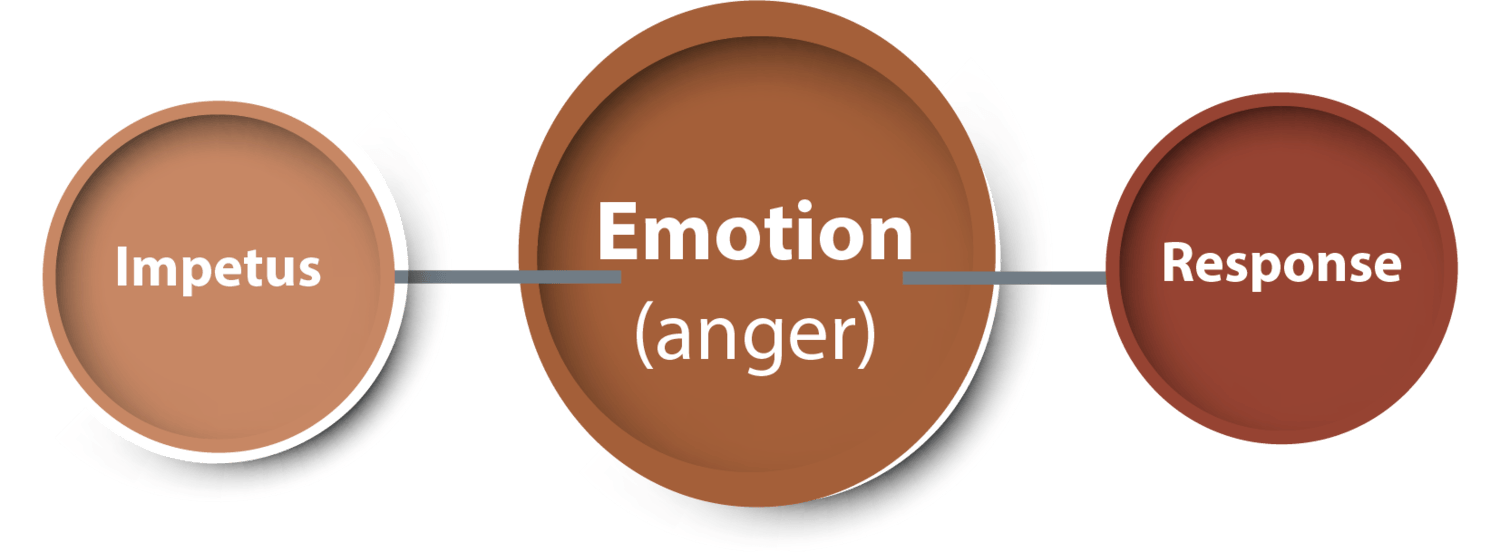Jun 27, 2022
I should know by now that yelling seldom works. Moreover, it most often works against me. Fortunately, we don’t have to be screamers. On this episode of Breaking Bread, Brian Sutter explains how an introspective person makes gains on his/her anger.

- Emotions respond to an impetus and fuel a response.
- While some emotions fuel a deactivation of our system, anger activates our system.
- The impetus’ that provoke anger and the response it fuels are often constructed from our past experience with the emotion.
- Gains can be made in controlling our anger. They will require slowing down and being introspective.
- Notice your triggers. What situations provoke anger in you?
- Examples: words or phrases, facial expressions, kids, spouse, authority
- Notice your body. What sensations occur before anger sets in?
- Examples: shortened breathing, heat flash
- Notice what is beneath the surface. Anger is a secondary emotion. It responds to deeper emotions.
- Examples: shame, hurt, insecurity, loss, etc.
- Notice what your anger is attaching itself to.
- Example: Do you think you are angry at your child when you are actually angry at yourself?
- Notice the degree to which you personalize comments and situations. Do you exaggerate negative feedback?
- Example: When challenged, do you leap to the erroneous conclusion that you are not liked?
- Notice the thoughts you think to yourself after the impetus and before your anger. Anger will play on these thoughts. Are they true?
- Example: When your child makes a poor choice, do you think “he will never turn out!” This erroneous thought will not properly inform your emotions.
- Notice your triggers. What situations provoke anger in you?
Jun 13, 2022
Solomon the wise said, “He that is slow to anger is better than the mighty.” Those of us who have lost the battle of self-control know just how mighty “the slow to anger” are. In this episode of Breaking Bread, Brian Sutter helps us understand the emotion of anger. He explains its purpose, how it works and how to live wisely in your own experience so that you might be slow to anger.